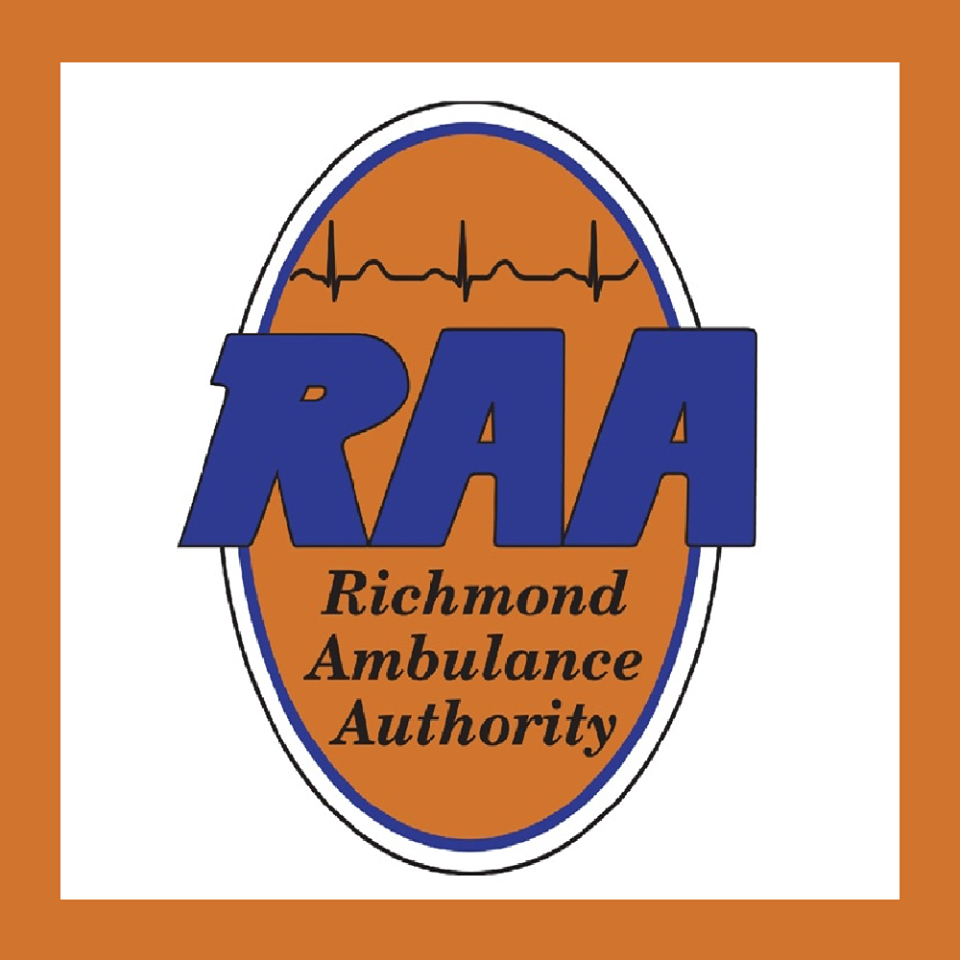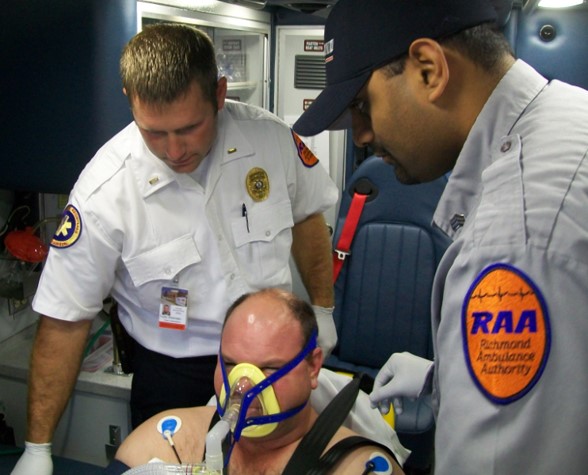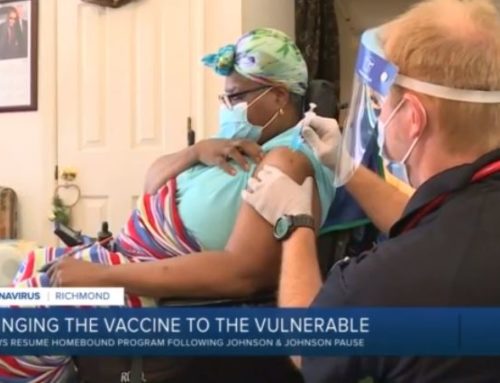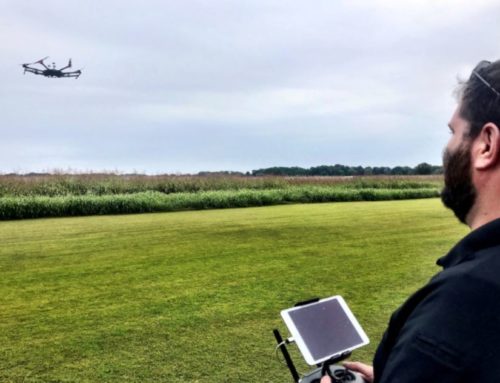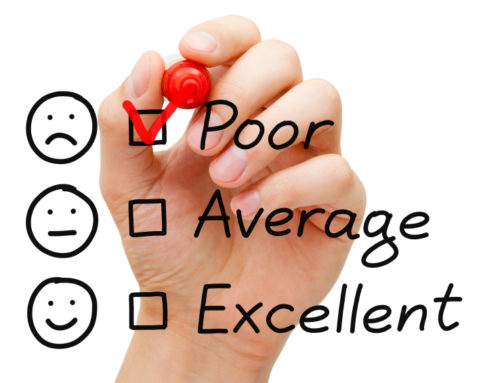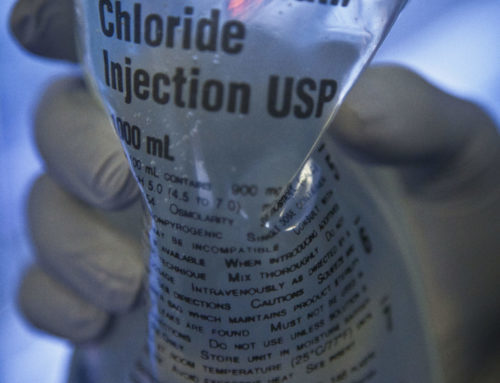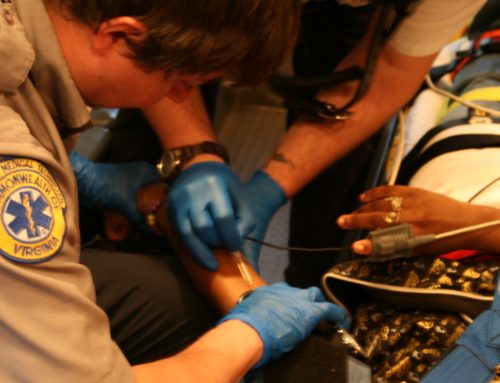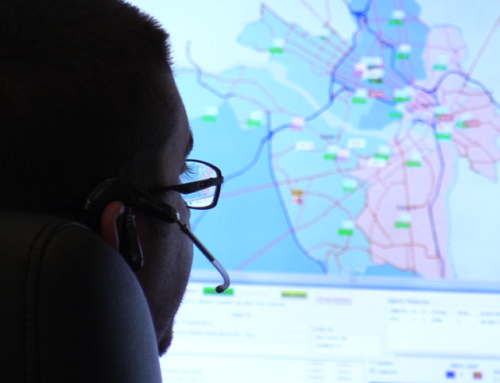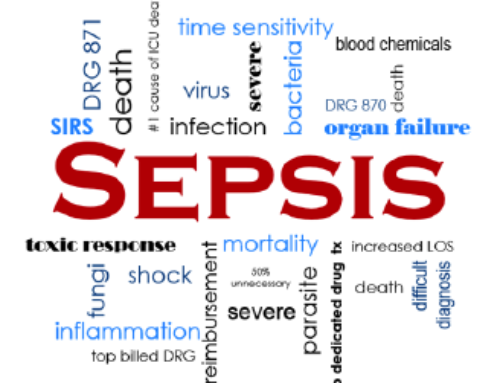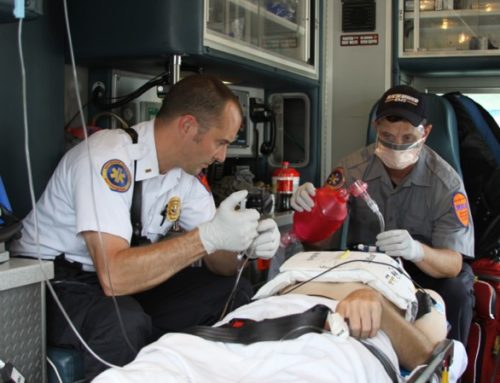Building on the IMSAFE information – we introduce PAVE – a pre-shift readiness check to assist you in starting your shift off right. Like many of other safety initiatives these concepts are drawn from the aviation industry. RAA continues to enhance and promote the Culture of Safety developed to help our employees provide clinically excellent prehospital care achieving outstanding patient outcomes. Using the P (Personal) A (Ambulance) V (enVironment) E (External Pressures) mnemonic, management encourages all field operations staff to consider these elements when beginning your shift.
Personal :
Using the IMSAFE program are you ready to work?
Illness – do you have any illness causing your work performance to suffer or cause potential disease transmission to a coworker, colleague, or patient?
Medication – are you taking any medications (prescribed or over the counter) having potential impact on your work performance?
Stress – are your non-work related stress factors managed well as to keep your mind focused on job related tasks?
Alcohol – have you had plenty of opportunity to recover from any alcohol you may have consumed within the past 24 hours? 8 hour minimum is required; however, more time is highly encouraged.
Fatigue – are you well rested and focused on the tasks at hand?
Eating – did you get eat before start of shift and do you need / have any food with you in case there is not an opportunity to eat during the day?
Other Personal Considerations –
Do you need to see an administration employee about anything? (Clinical / HR / IT, etc.)
Do you have a change of clothes with you or available in a locker or vehicle?
Have you punched in?
Are all your certifications current?
Do you have identification with you? (Driver’s license / RAA ID)
Are you assigned to an appropriate shift based on your qualifications?
Ambulance:
Did you retrieve all assigned equipment from Logistics prior to shift markup (radios, keys, drug kits, fuel card, etc)?
Have you done a 360° walk around of the vehicle looking for damage and tire condition? Are all the exterior lights functional?
Do all the doors open and close tightly?
Are all interior lights and equipment functional?
Are all occupant restraints present and functional?
Is the stretcher operational with all seatbelts and a spare battery?
Are the main and portable O2 tanks full?
Are the red bag, O2 bag, and monitor stocked and ready?
Did you find and report any broken equipment using an EFR?
EnVironment:
What is the weather forecast for today?
Do you have appropriate weather gear? (raincoat, winter jacket)
Do you have enough water in the cooler?
Any events occurring where roads and/or routes are affected?
External Pressures:
Do not let the notion to accomplish “the mission” override good judgement and safety.
Do not sacrifice safety for an implied or actual need to meet a time requirement.
For out of town or longer distance trips – are there any travel issues or other reasons for delay?
Do you need any special equipment? Are you familiar and comfortable with the usage of different equipment?
Is there need for alternate plans or procedures?
Do you have all the personal equipment you may need?
Hopefully this checklist will become routine and help you start your shift off on a positive note!
RAA’s Culture of Safety has modified this list to fit the needs of the organization. Below are links that served as reference when building and initiating this program.
